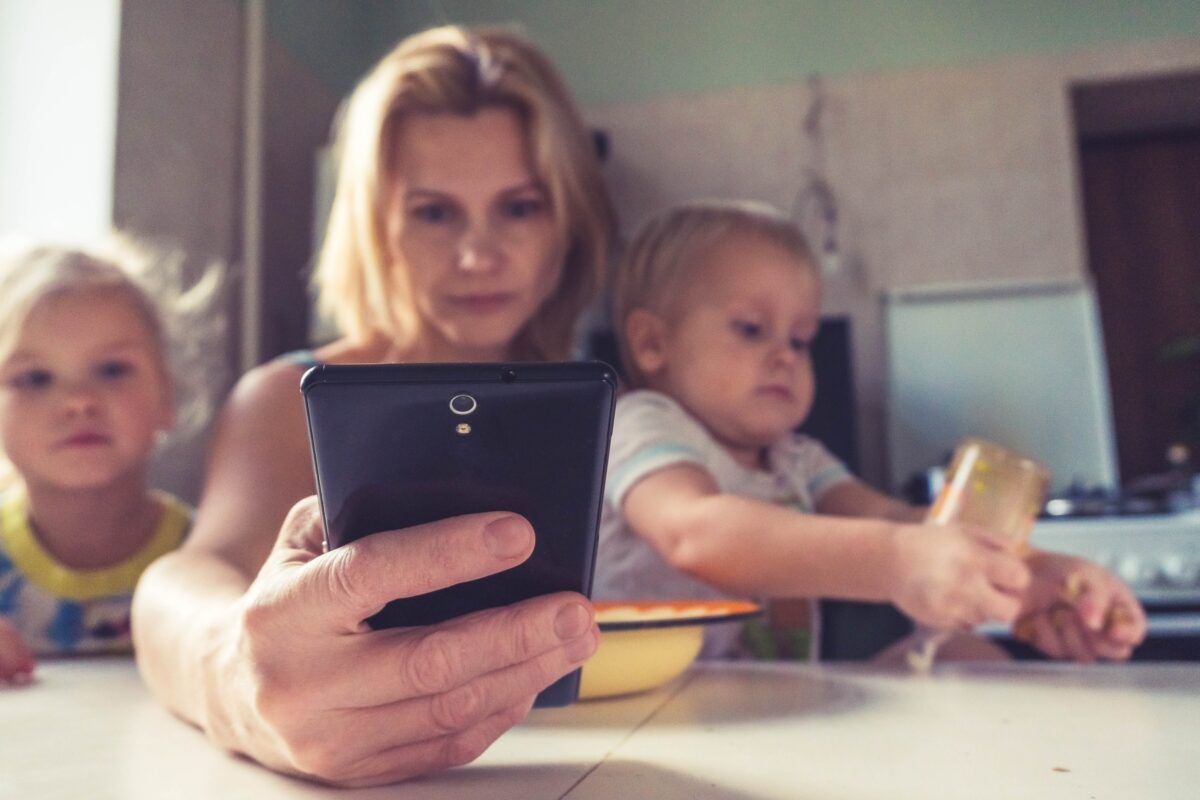Week 4: February 1, 2022
This week we had guest speaker Jesse Miller come in to talk to us about Mediated Reality. Throughout his presentation we learned about media literacy, trust and safety, and how to help students make sense of their on-demand media and online experiences. Jesse also reminded us of our own online presence, the differences between our social, professional, and personal media platforms and the privacy levels we should have as educators. While social media can be an amazing tool for us to use, it can also be life changing in a negative way if used inappropriately. Before we step into a room and meet people face to face, many will have already searched our name and studied our digital identity. Is my digital identity an accurate representation of who I am as an educator? Does it reflect my teaching philosophies and ideas? As professionals we must be cognizant of how we use our platforms and how ‘private’ we maintain our personal media if we do not want it shared with parents, colleagues and students.
Jesse then asked the question: how do we enforce digital rights within the classroom? It is not our job to be police officers of technology in the classroom. How do we keep our students engaged and focused in the materials we are teaching them? As educators we must work to build our classroom community with trust, safety, responsibility, and open communication at the forefront of this work. Once we begin this process and our teacher-student relationships are underway, we can set classroom expectations and rules as a group. I really liked Jesse’s idea and may try to implement it into my future classroom for when intermediate students want to be on their phones during class. If the teacher gives 2 minutes during class time (about 60 minute blocks) specifically for students to have a break and check their phones, then it lessens the chance that they will want to be sneaky and not pay attention during the lesson. If a student does go on their phone outside of the break time, the whole class loses their break time. By introducing a community penalty instead of a singular penalty, it teaches the students accountability and responsibility.
My biggest takeaway from Jesse Miller’s presentation was that technology can be a positive experience for teachers and students, however the most important thing to remember is how impactful giving our undivided attention to children is on their lives. As adults, we must not get caught up in our own screens and miss out on moments to grow, explore, and learn together. We cannot stop the progression of technology, so we must learn how to embrace it and help our students get the very most from it.





